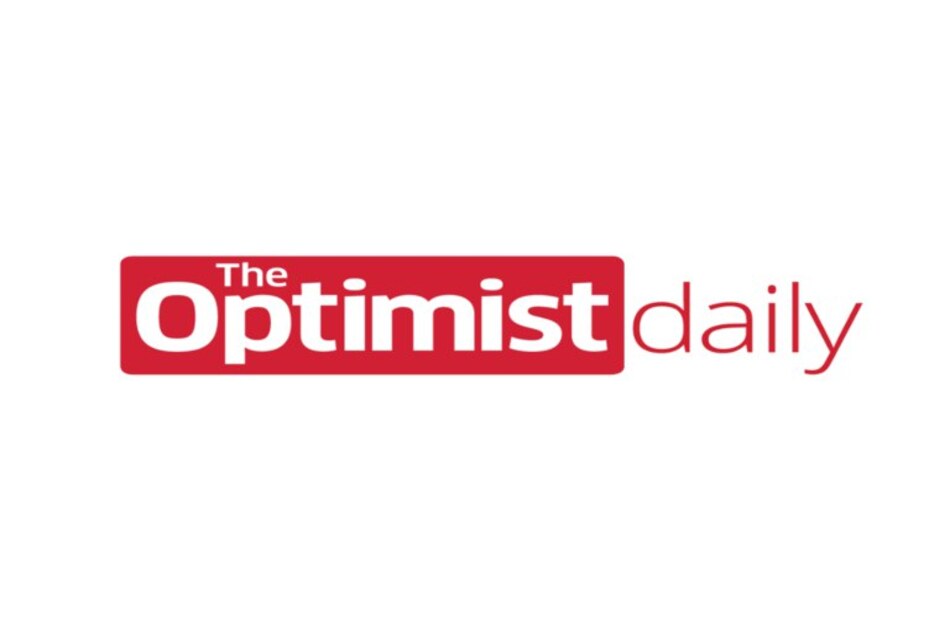LGBTQ+ people in Ukraine have become more visible over the past 30 years, with the government introducing a range of laws giving the community more rights and recognition. These law changes include the simplification of the transition process for transgender people and allowing gay and bisexual men to donate blood.
Unfortunately, the Russian invasion put fear in the hearts of many LBGTQ+ people and their allies. People dread that these positive steps forward toward inclusivity will be revoked and they will be back to square one. “Of course, this worries us,” says Yura Dvizhon, a Ukrainian LBGTQ+ activist for Euro News. “People in Kherson, Mariupol, or hundreds of other places occupied by Russia suffer. Of course, there are LGBTQ+ people in these cities and they need a lot of help because being different in Russia is one of the worst and hardest things that a person can handle.”
To lift some of this burden from his community, Dvizhon has created content for the app LGBTQ+Me. Through personal storytelling and professional counseling advice, LGBTQ+Me aims to provide mental health relief and support for LGBTQ+ people around the globe.
Dvizhon explained why he contributed to the project: “I find it cathartic to tell my story. Growing up in Ukraine and being gay means a big fight within you to speak freely and openly with the world. I think I share it with the world to inspire people to become better. It may become easier for them to declare their orientation, or they can be more tolerant in perceiving the identity of another.”
Other contributors include Ukrainian trans actor Alex Budin, journalist Alem, LBGTQ+ activist, and Ukrainian military service person Pasha Lagoyda. The app hopes to reach a worldwide audience of all sexual and gender orientations. This includes straight people, to help bridge gaps in understanding between communities.
Despite the unknown future, Dvizhon is hopeful things will get better. “The events taking place in Ukraine today make people reevaluate everything they believe in and answer the question “When, if not now?” he said. “I personally know the stories when the guys, seeing the coming Russian military to occupy a town, start talking about their sexual orientation and gender identity with their relatives. At that moment, support is of crucial importance to them.”
Dvizhon continued: “LGBTQ+Me will definitely help everyone cope with their emotions and feelings and experience challenging events in life with less stress. Both LGBTQ+ people and heterosexual people, including those who are now under occupation, will be able to get closer to their relatives by talking about their sexual orientation or gender identity.”












